Russia has lost face in the new race for space
Vladimir Putin dreamt of sharing a moon base with China, but Luna-25’s flop will do more than keep him earthbound. Lose face in space and you lose it in geopolitics, too.
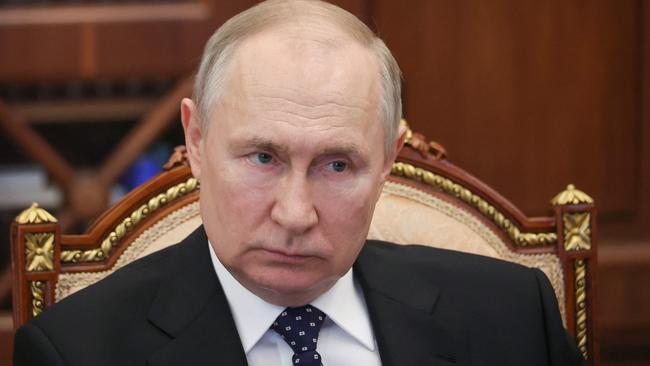
China recently sent its defence minister, Li Shangfu, to Moscow, not only to report back on the floundering war in Ukraine but to discuss the non-terrestrial future: a joint Chinese-Russian base on the moon. When things are looking bloody and muddy on the ground, you look to the stars.
Li knew what he was doing – for three decades he worked at and commanded the Xichang satellite launch centre. When China started its space program, the Soviet Union was the power to be reckoned with: it had sent the first dog into orbit (she died), the first man, the first woman, and an unmanned craft to the moon three years before America put Neil Armstrong’s boots on the lunar ground.
But after the Soviet Union imploded, Russia seemed to lose its drive.
Until, that is, Vladimir Putin, nostalgic for the reach and clout of the Soviet days, decided that outer space could again be a field of flag-planting conquest, technological rivalry and Russian pride. The unmanned Luna-25 was sent to the rocky south pole of the moon with an ambitious mission: to find out how much water there is in its ice mountains.
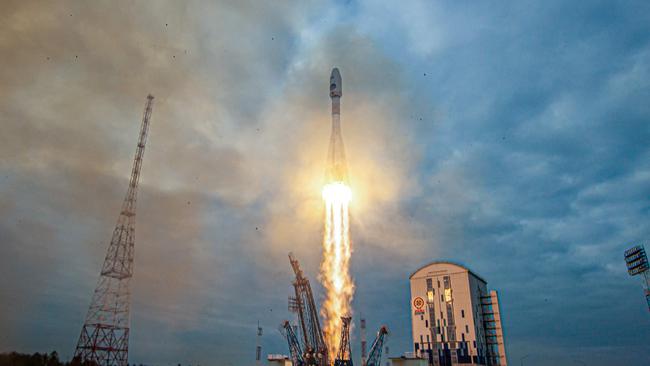
That is the big prize for all the spacefaring nations. Water supplies would be the first step towards building a base camp, the exploitation of rare minerals, and creating a pit stop for further missions to Mars and beyond. An even sweeter triumph than the capture of Kyiv, as one nationalist Russian commentator put it.
It was not to be: Luna-25 smacked into the surface of the moon at the weekend. Putin’s humiliation will be complete if India’s Chandrayaan-3 mission, currently closing on the moon, lands successfully today. Let’s cross our fingers for it.
The plans for Luna-25 were laid out before Li during his Moscow visit. As an aeronautical engineer he must have been aware of the problems: the moon’s thin atmosphere is not enough to slow down a rapidly descending craft. A Japanese mission has already crashed this year.
A soft landing would also require extraordinary precision, with targeting accuracy of perhaps between 100 and 200 metres. Did Russia still have that kind of expertise?
If the mission had succeeded the dream of a Chinese-Russian joint base could have pressed on. The flop means that the much-trumpeted relationship will stay pretty much earthbound for now. Even here, on terra firma, the Russian army – battle-hardened in a way that the Chinese army is not but poorly led, its supply chains vulnerable to attack and its weapons systems technically inferior to many of those in the west – must seem like a diminished partner to Beijing.
Lose face in space and you lose it in geopolitics, too.
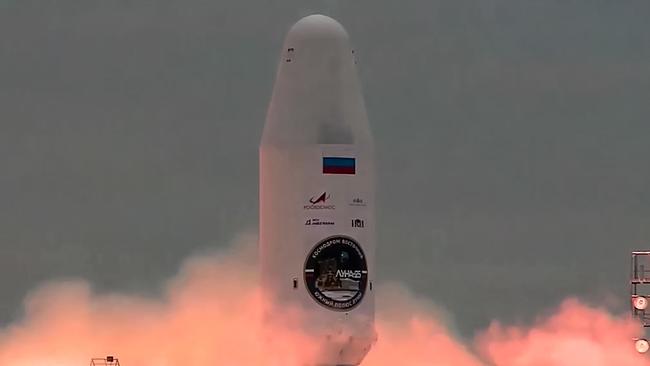
It was never going to be easy landing Luna-25. Western sanctions have eaten away at Russia’s technical core. The domestic Russian air fleet was heavily dependent on Boeing and Airbus. Now it’s short of spare parts, software and technical support. Russia has been sending its Airbus A330-300s to Iran to get their landing gear struts fixed. Maintenance used to be outsourced to foreign companies. Not any more. Russia is flying on a wing and a prayer.
Sanctions feed Putin’s narrative that Russia is a great nation held back by America.
But the key fact is that Russian expertise has been degraded through a costly war, sanctions and unsteady governance. Roscosmos, the space agency, is having to find young male employees to fight for the so-called Uran battalion – that’s the order from on high (Gazprom is having to do the same) and is supposed to avert the politically explosive step of general mobilisation. Good space brains are getting blown up on the front line.
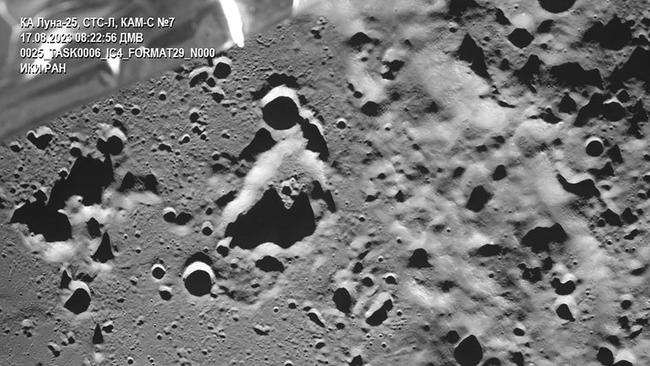
Still, the Kremlin hasn’t completely abandoned the logic of lunar colonisation and nor has China. Come first to the water and the mineral-rich parts of the moon, stick your flag in the ground, create a base and then claim the rights to the commercial use of the land: this is still part of the reasoning, particularly as private space companies take their place in the race alongside governments.
The 1979 Moon Treaty tried to head off this scramble in advance, and in particular prevent global conflicts being exported to outer space. It bans all military activity, including weapons testing, on the moon, insists on no right of ownership, the responsible use of lunar resources and, ludicrously, has a proviso that the United Nations must be contacted before communicating with extraterrestrial life.
How would one even begin to enforce such a treaty? What is to stop one earthly power deploying “defensive” weapons to guard its commercial zone? The main spacefarers – not only Russia and China but the US too – have refused to sign the document. It is a piece of paper drawn up to satisfy science-fiction futurologists such as Stanislaw Lem, who understood the risk of the moon becoming just another of the earth’s battlefields. But it has been overtaken by the modern Klondike rush for moon-gold, the entry of hubristic space jockeys like Elon Musk, and the creation of space forces.
You can legislate against the stationing of laser-armed satellites but who is to police such a law? There is already a form of weapons testing under way in space as Russian satellites stalk American satellites. Many space states, including India and Israel, have carried out work on satellite-killers as a protective, but potentially chaotic and destructive, measure. Yet none of this is regulated. Here, down on Earth, we live in a state of ignorant bliss, still bemused by the moon over our heads.
The Times


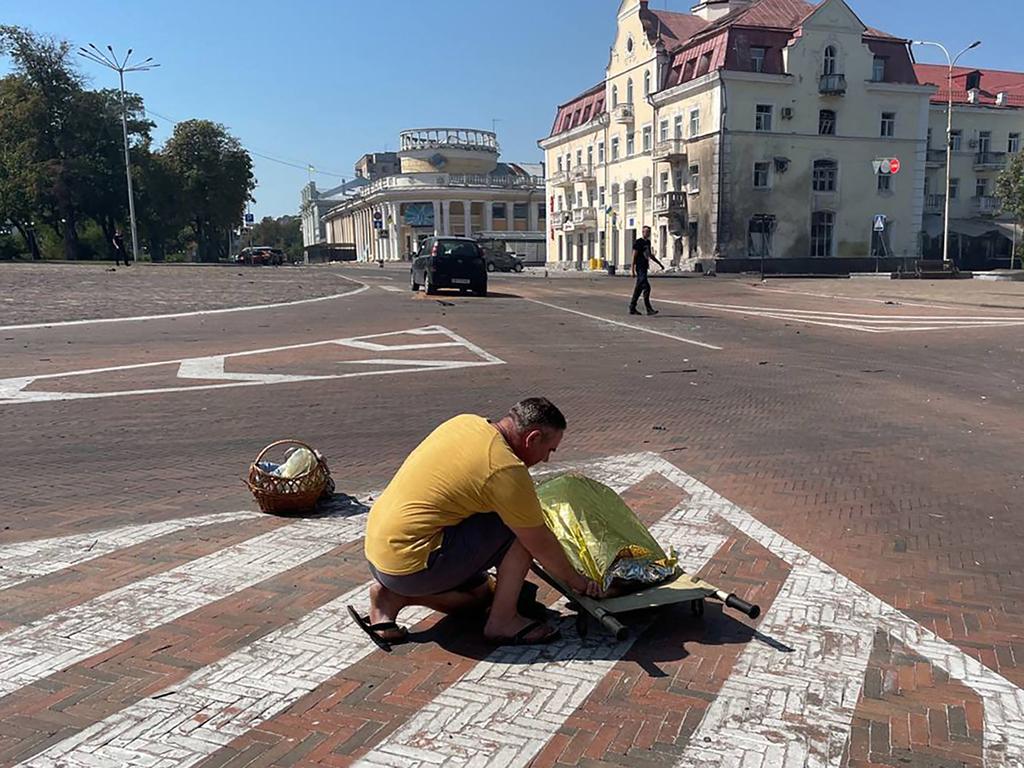
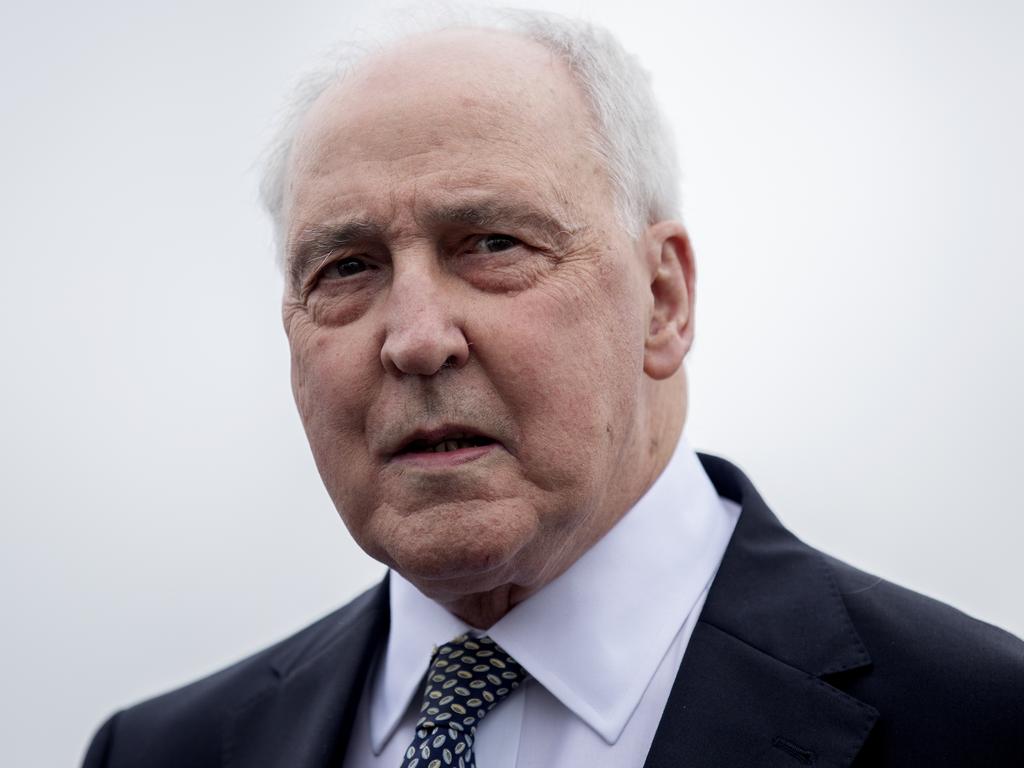
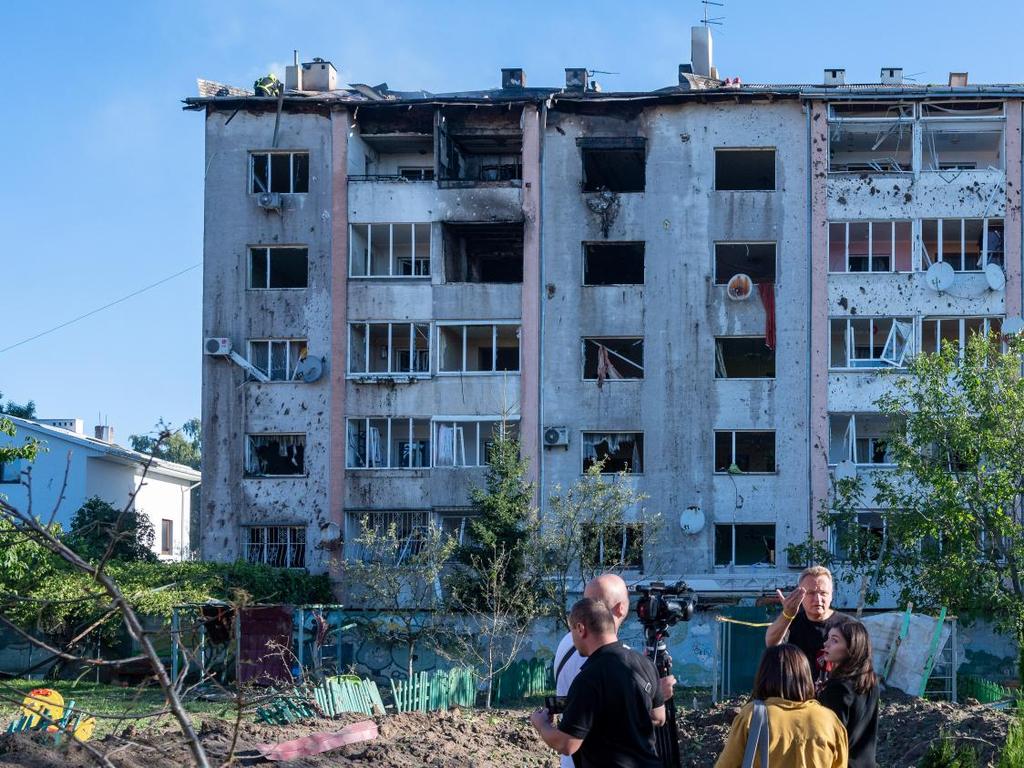


To join the conversation, please log in. Don't have an account? Register
Join the conversation, you are commenting as Logout